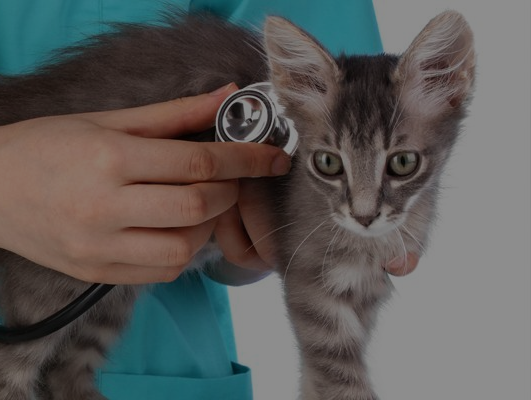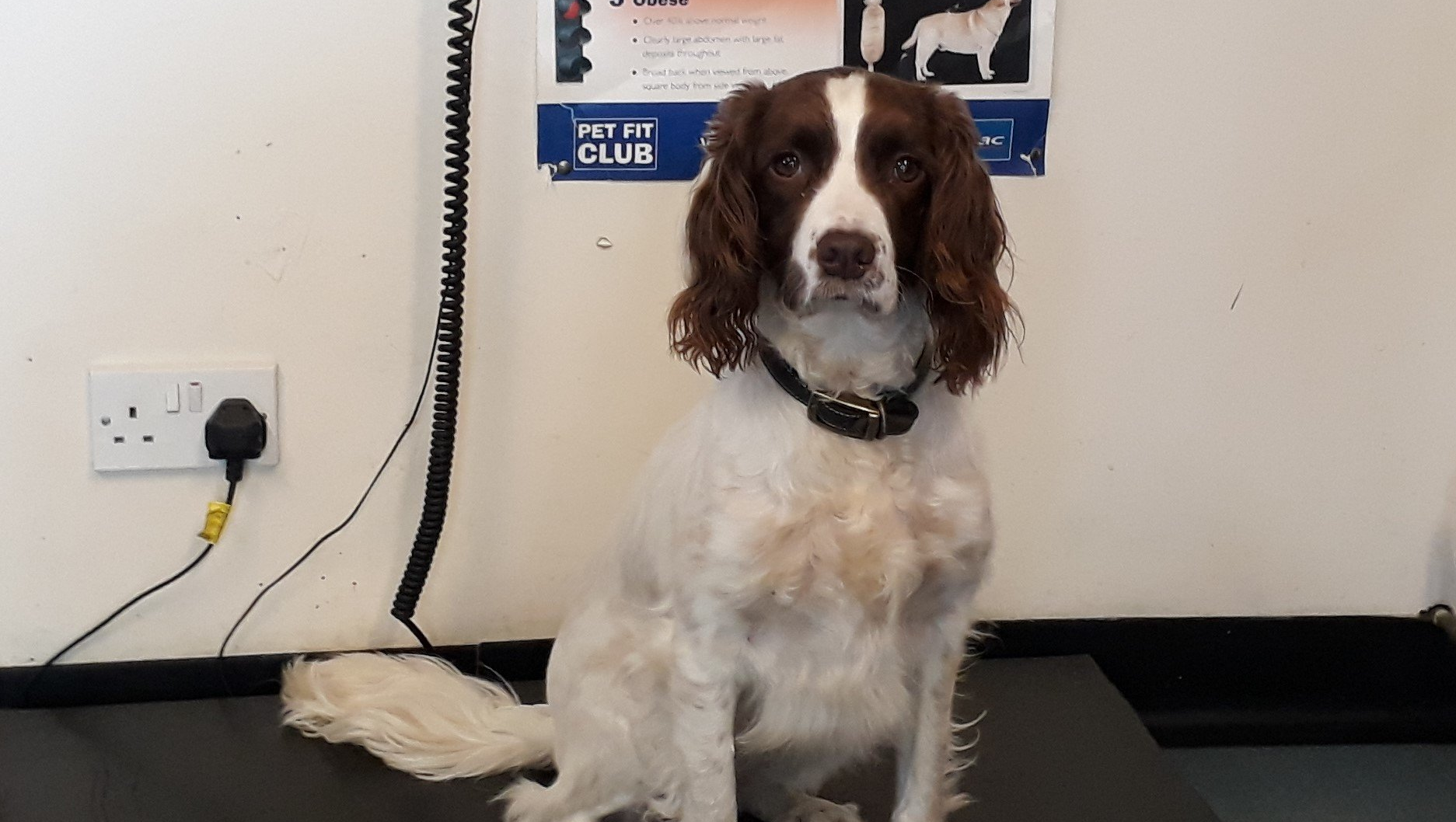New Puppies, Kittens and Rabbits

Slide title
Write your caption hereButton
Slide title
Write your caption hereButton
Slide title
Write your caption hereButton
Slide title
Write your caption hereButton
Slide title
Write your caption hereButton
- Let Them Settle In
Young puppies, kittens and rabbits can be very susceptable to illness due to stress associated with changes in environment (new home), lifestyle and diet. We therefore advise you let them settle into their new surroundings for 5-7 days before you bring them in for a health check or first vaccines.
If you have any concerns about any signs of illness please contact us sooner.
- Vaccines for Puppies
We strongly advise vaccinating all puppies against Distemper, Parvovirus, Adenovirus (viral hepatitis) and Leptospirosis.
Puppies can receive their first vaccine from 8 weeks of age and to complete the course will require a second vaccine at 2-4 weeks after the first.
We recommend completing a course of vaccines prior to introducing puppies to non-vaccinated dogs or areas where wild rodents or rodent urine may be present (such are ponds, rivers, etc)
- Vaccines for Kittens
Some cats will be kept as purely indoor pets and some will be given outdoor access. We strongly advise vaccinating all cats (indoor or outdoor) against Cat Flu (Rhinotracheitis virus and Calicivirus) and Viral Enteritis (Panleucopaenia virus) - These infections can easily be brought into your home on shoes and clothing and can lead to long term health complications and in severe cases can be life threatening.
We also advise that cats with access outdoors (even if only rarely) should be vaccinated against Feline Leukaemia Virus (Felv) - Felv is most generally spread by direct cat-cat contact (often fighting or mating) and there is therefore a low risk of spread to a solo, indoor only, cat; but it is easily spread to a cat that goes outdoors (even if only very occasionally).
Kittens can receive their first vaccine from 8 weeks of age and to complete the course will require a second vaccine at 3-4 weeks after the first. Full immunity against these illnesses will be achieved by 4 weeks after the initial injection.
We recommend completing a course of vaccines prior to introducing kittens to non-vaccinated cats or areas where wild or ferrel cats may be active.
- Vaccines for Rabbits
There are 3 vaccinatable diseases of Rabbits in Scotland - Myxomatosis, Rabbit Haemorrhagic Disease type 1 (RHD-1), and Rabbit Haemorrhagic Disease type 2 (RHD-2). All 3 diseases are potentially fatal viral infections.
RHD type 1 and 2 are spread by direct rabbit to rabbit contact and therefore if your rabbit is purely indoors with no chance of contact with other rabbits the risk of contracting RHD types 1 or 2 is relatively low. However, we reccommend that outdoor rabbits and rabbits with occasional access outdoors, should be vaccinated against RHD 1 and 2.
- Worming Regimes
- Insurance
- Dietary Advice
- Puppy TrainingDescribe the item or answer the question so that site visitors who are interested get more information. You can emphasize this text with bullets, italics or bold, and add links.
- SocialisationDescribe the item or answer the question so that site visitors who are interested get more information. You can emphasize this text with bullets, italics or bold, and add links.
- Pet CareplanDescribe the item or answer the question so that site visitors who are interested get more information. You can emphasize this text with bullets, italics or bold, and add links.
